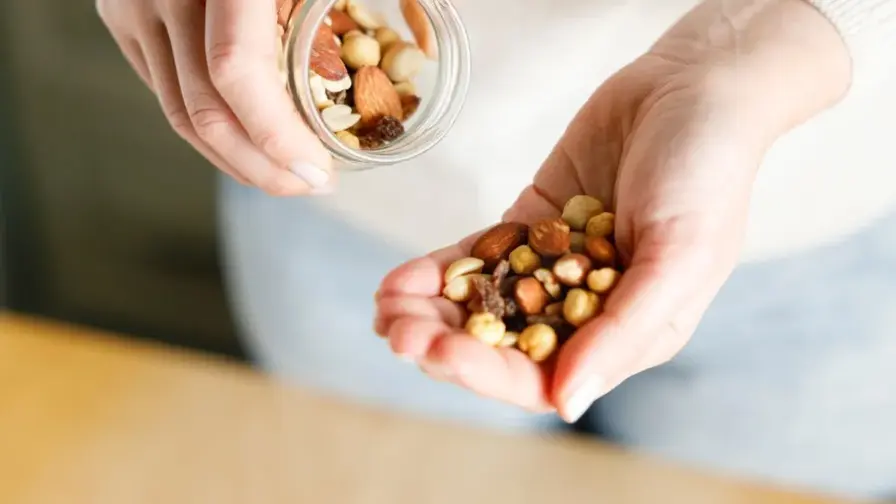Do you always have trouble sleeping during the changing seasons of autumn and winter? Nutritionist reveals "3 foods for good sleep" to help correct the return of biological clock

Every time the seasons change between autumn and winter, do you always find it difficult to fall asleep, or do you tend to wake up in the middle of the night and sleep intermittently? If you have the above sleep problems, don’t take it seriously! Sleep problems not only affect your concentration at work or study, but can even affect your mood and weaken your immune system. As for why sleep is easily affected when the seasons change? How to improve sleep problems during the change of seasons?
Do you always have trouble sleeping during the changing seasons of autumn and winter? Nutritionist: It’s related to these 4 major reasons
First of all, the reason why sleep quality is easily affected during the change of seasons can be roughly divided into four major reasons: first, when the seasons change, the temperature is hot and cold, and the biological clock needs to be readjusted; second, the weather changes, which may affect The autonomic nervous system increases mood swings. Third, the shorter daylight hours affect the secretion of melatonin, further interfering with the time to fall asleep and the depth of sleep. Fourth, problems such as stress, allergic reactions, or colds can also easily make it difficult to fall asleep.
The problems that poor sleep may cause may not only be reflected in daily life or work! If you don’t sleep well for a long time, your body will have many adverse reactions:
The immune system becomes weakened and makes it easier to catch colds
Difficulty concentrating and work performance suffers
Mood swings, becoming easily anxious or angry
The endocrine system is affected, leading to overeating and weight gain.
3 foods to eat for a good night’s sleep in autumn and winter! Helps the biological clock correct and return
As for how to improve sleep quality? It is recommended that you start by changing your eating habits! Here are 3 recommended foods:
Banana: Rich in potassium and magnesium, it helps relax muscles, reduce nighttime cramps and help you sleep more deeply.
Walnuts: Contains natural melatonin, which helps adjust sleep cycles and improve sleep depth.
Oatmeal: Rich in amino acids and vitamin B complex, it stabilizes the nervous system and makes it easier for the body to relax.
In general, if you have significant sleep problems during the change of seasons, adjusting your diet and work schedule is the most basic approach. In addition, you can also combine it with static activities such as meditation and reading before going to bed. Avoid eating 1-2 hours before going to bed to allow your body and mind to relax. Total relaxation. The sleeping environment is also very important. It is recommended to eliminate all external factors that affect sleep, such as light, temperature, noise, etc., to avoid light sleep or difficulty falling asleep.
If after improving your living habits and adjusting your sleeping environment, you still feel that your sleep quality is poor or you even have insomnia; or you have to work shifts or night shifts for a long time, it is recommended to consult a physical and mental department, a psychiatrist or a sleep specialist, and under their supervision Use medication correctly and do not buy sleeping aids or health care products from unknown sources.
Further reading:





